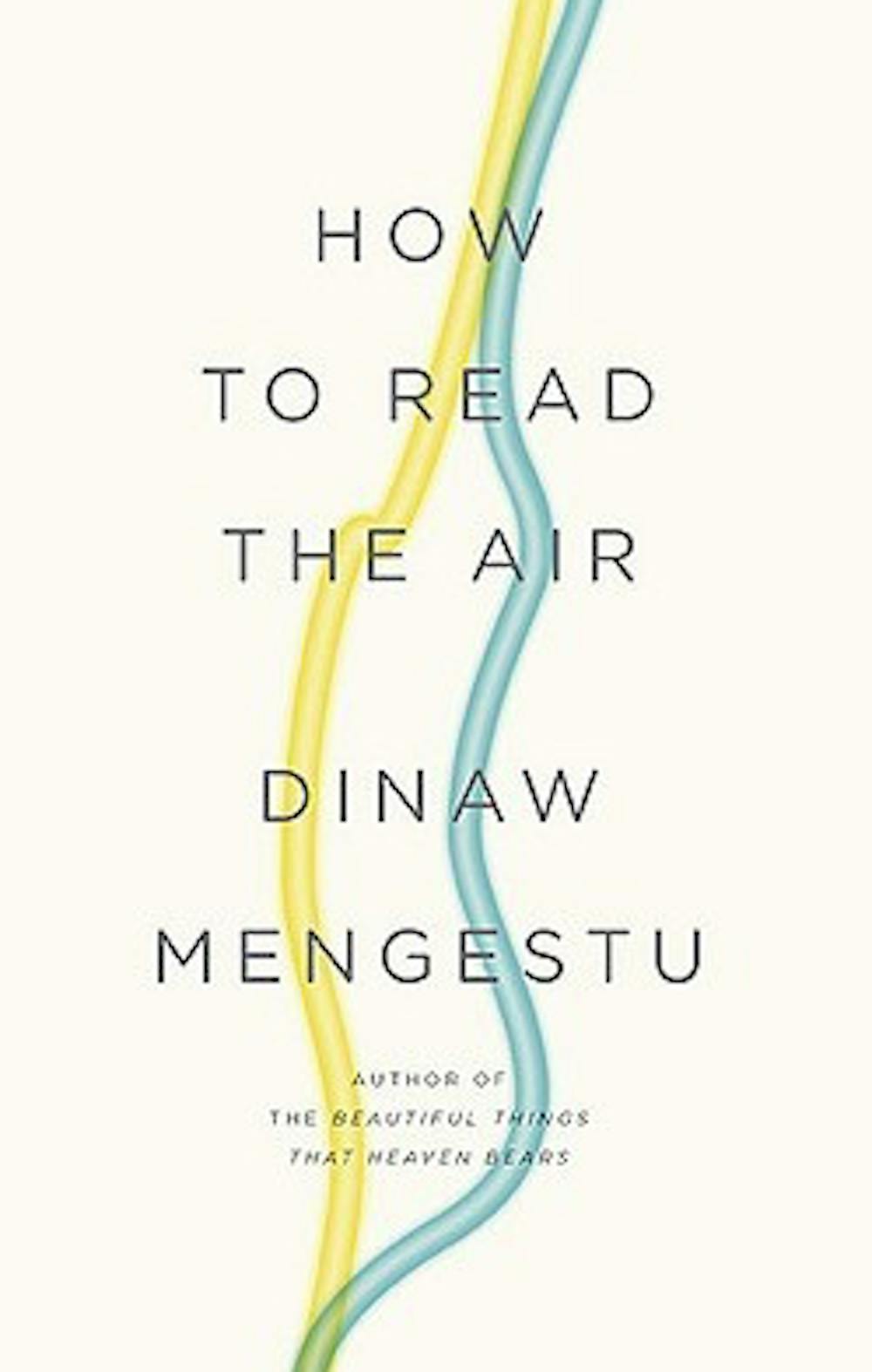Mengestu’s work treats the story of two Ethiopian immigrants who move to the Midwestern United States and try to make a life for themselves. The budding compatibility they shared at home in East Africa does not translate well to their new surroundings and they struggle to be a couple within their unhappy marriage. Their one child, Jonas, witnesses the violence and seething resentments that long fester between them, and he failingly tries to adjust to an adulthood that seems to be designed for someone from a different background. While sharp, Jonas seems unable to be an honest employee and/or a transparent spouse. His tendency is to do whatever aligns with his survival: demonstrate compliance, fib about his competencies, make alliances with people in power. However, as he performs to win others’ acceptance, he seems to lose his grasp on his true self, jeopardizing anything and everything in his life that he has held dear.
The book is not spectacular. The flashbacks to Jonas’ father’s journey from Ethiopia and the major fight Jonas witnessed between his parents as a child are compelling. They do not sugar coat the trials faced by some immigrants in pursuit of greater opportunities in foreign landscapes and they recreate domestic violence with a naked realism I’ve not encountered before. However, you have to wonder what the work’s thesis is. Perhaps it was “The traumas we inherit in our childhood will eventually manifest themselves in ways beyond our control.” It’s difficult to know what Mengestu wanted readers to feel about Jonas as the character’s broad indifference towards the challenges he confronts conjure little pathos. I’d recommend this work to anyone who is interested in black African immigration patterns among groups that do not have university degrees or ample monetary resources. Other works that treat these themes include Nigerian writer Samuel Kóláwólé’s “Sweet sweet strawberry taste” available for free online, America Ferrara’s American Like Me and The Penguin Book of Migration Literature edited by Dohra Ahmad.
The Librarian is in: 'How to Read the Air'

Comments



